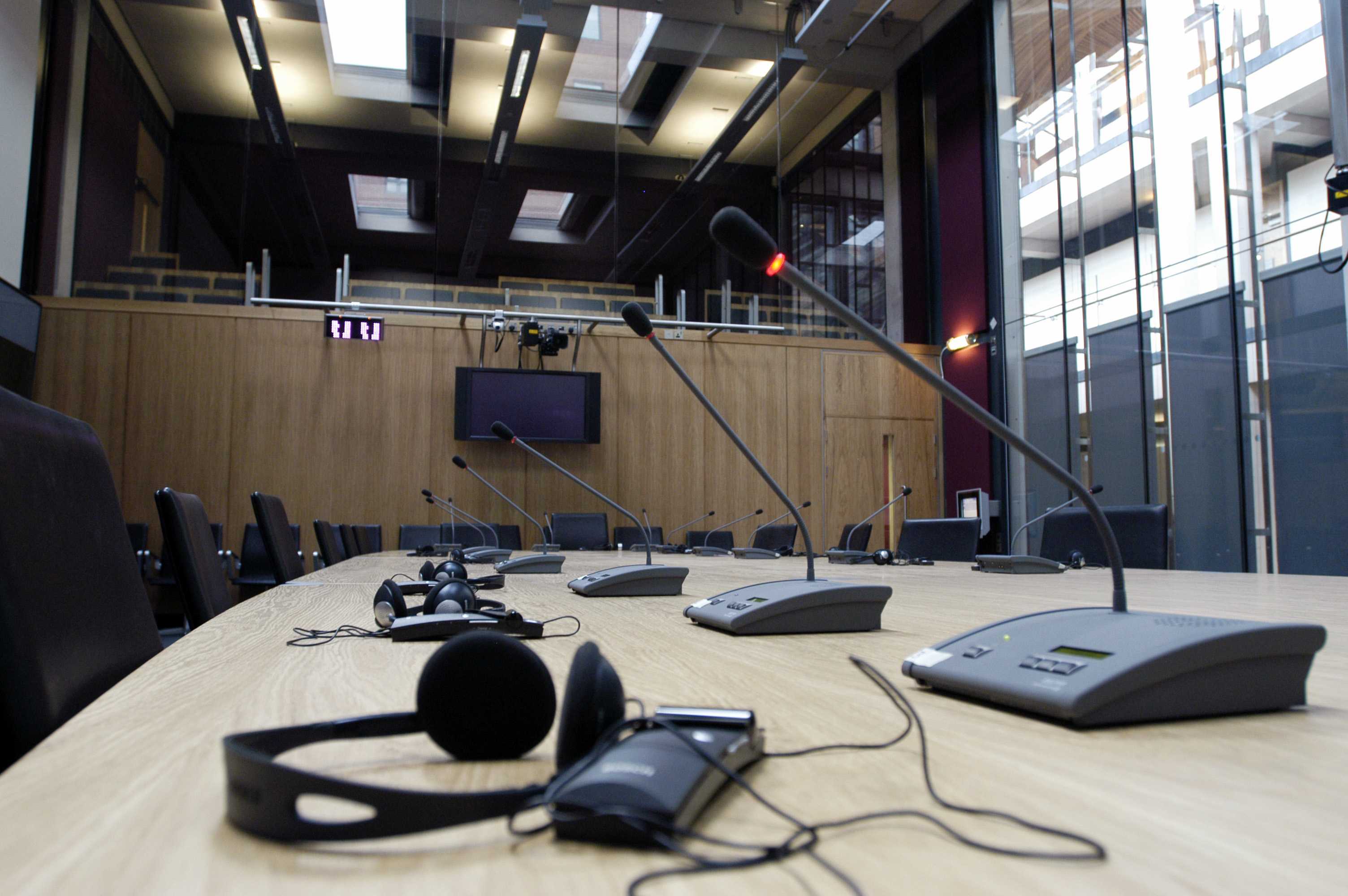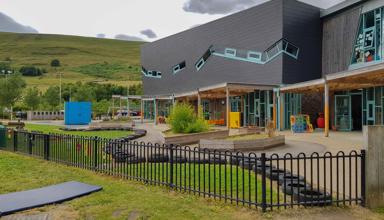Article by Michael Dauncey, National Assembly for Wales Research Service

An Assembly Committee has given its views (PDF 330KB) on the Welsh Government’s plans to change the legal framework for Special Educational Needs (SEN).
In November, the Children, Young People and Education Committee carried out pre-legislative scrutiny of the draft Additional Learning Needs (ALN) and Education Tribunal (Wales) Bill. This included hearing from stakeholders working with children and families affected by SEN/ALN and from local government and health representatives involved in implementing any changes. More than 20 written submissions were received by the Committee.
The Committee has now formally written to the Minister for Education and Skills, responding to the Welsh Government’s consultation on the draft Bill with the aim of influencing its plans.
Overall, the Committee ‘very much welcomes the intention’ to reform the system but found that ‘there is much work to be done’ to address ‘many areas of uncertainty’ before a Bill is formally introduced into the Assembly’s legislative process. The Welsh Government had planned to introduce a Bill in the summer but the Minister decided to delay this pending further consultation. The legislation will therefore not come forward until after the May 2016 election, during the next Assembly.
Evidence received by the Committee was generally positive about the aims and objectives of the draft Bill. However, all those responding raised some concerns about the practicalities of the proposed reforms.
In its letter to the Minister (PDF 330KB), the Committee highlighted the key issues and points arising from its scrutiny and urged the Welsh Government to strengthen the legislation in a number of areas:
Multi-agency working and collaboration between local government and health
Strong concerns were expressed to the Committee that the duties for collaboration between local authorities and health bodies need to be strengthened. There is a perceived imbalance in the duties and responsibilities on local government and health respectively and the Committee believes firmer duties on health bodies are needed. The Committee has also written to the Minister for Health and Social Services (PDF 210KB) to seek his views on the draft Bill, particularly the issue of multi-agency working and collaboration.
Benefits and challenges of a graduated system of support
There was general agreement that the introduction of Individual Development Plans (IDP) for all learners with ALN could help ensure greater consistency and fairness. However, the caveat was that the new system must also retain the benefits of having a graduated approach, i.e. that more intensive support is available to those with more complex and severe needs. Stakeholders felt greater clarity is needed over where exactly responsibility for identifying needs, producing and maintaining an IDP will lie, i.e. when this falls to the school and in what circumstances it can be referred to the local authority.
The substantial demands that are likely to be placed on the new statutory ALN Co-ordinator role were also flagged up as a potential problem, as was the need for a template for IDPs to ensure they are consistent, transparent and portable.
Dispute resolution and creating a fairer, more transparent system
Evidence suggested more could be done to strengthen the role and powers of the Tribunal (currently called the SEN Tribunal for Wales but proposed to be renamed as the Educational Tribunal for Wales). This included the ability to deal with persistent offenders and inaction after tribunal decisions, and to address failures or lack of compliance by health bodies.
Establishing an age 0-25 system
The Committee found that despite the intention of the draft Bill to establish a 0-25 age system, its focus was actually very much on statutory school age. Evidence suggested that detail on specific provision at either end of the age spectrum seems to be missing in the draft Bill and the draft ALN Code.
For Early Years, there were calls for the ‘threshold’ for the definition of ALN to be more holistic and widened to focus on development and play.
For Post-16, the lack of reference to how ALN would be provided for in a non-college setting, for example work based learning such as apprenticeships, was considered an omission.
In addition to the four areas outlined above, the Committee has also identified some potential challenges of transition to the new system. These include the financial implications of the reforms, which the Committee believes ‘need to be made clearer’ when a Bill is formally brought forward. Other issues raised are the capacity of the workforce to implement the changes, staff training requirements, and the draft Bill’s consideration of the Welsh language.
The Welsh Government will now be considering the responses it has received to its consultation and, according to its outline of the anticipated timescale (PDF 200KB), introduce a Bill some time in 2016. Obviously, the outcome of May’s Assembly election could be a big factor in the approach and content of such a Bill, although cross-party support for the need to reform the current system means some form of legislation remains likely.
For easy reference, here is a link again to the Committee’s letter (PDF 330KB).
Readers may also be interested in our background paper on SEN/ALN in Wales from June 2015 and statistical note published in August 2015.






